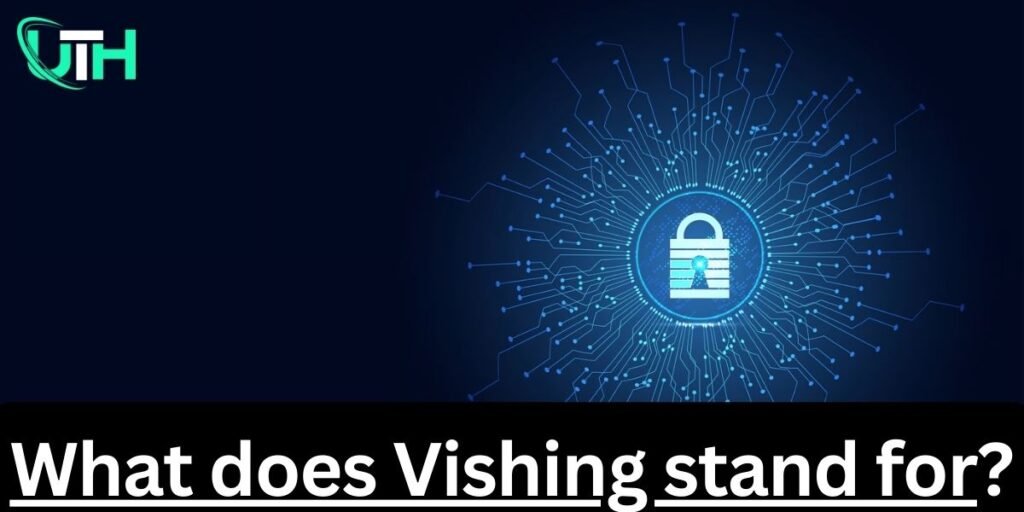What does Vishing stand for? Vishing, short for “voice phishing,” is a type of social engineering attack where cybercriminals use phone calls, voicemails, or text messages to trick individuals into revealing sensitive information. Unlike traditional phishing, which occurs through emails, vishing attacks occur through voice communication, making them more personal and harder to recognize.
In a vishing attack, the attacker often impersonates a trusted entity, such as a bank, government agency, or tech support, to create a sense of urgency or fear. For example, a caller might claim to be from your bank, warning of suspicious activity on your account, and ask for account details or login credentials to “verify” your identity.
Vishing can involve tactics like caller ID spoofing, where the attacker makes it appear as though the call is coming from a legitimate source. The goal is to manipulate the victim into disclosing confidential information, which can then be used for identity theft, financial fraud, or unauthorized access to accounts.
To protect yourself from vishing, it’s important to never share sensitive information over the phone unless you are certain of the caller’s identity. Always hang up and call back using a verified phone number from official sources.
